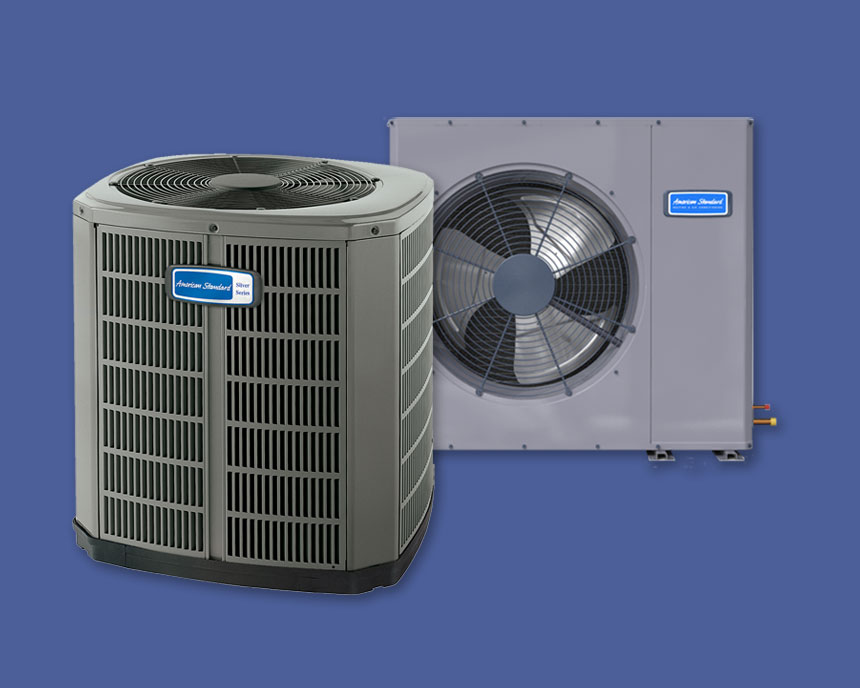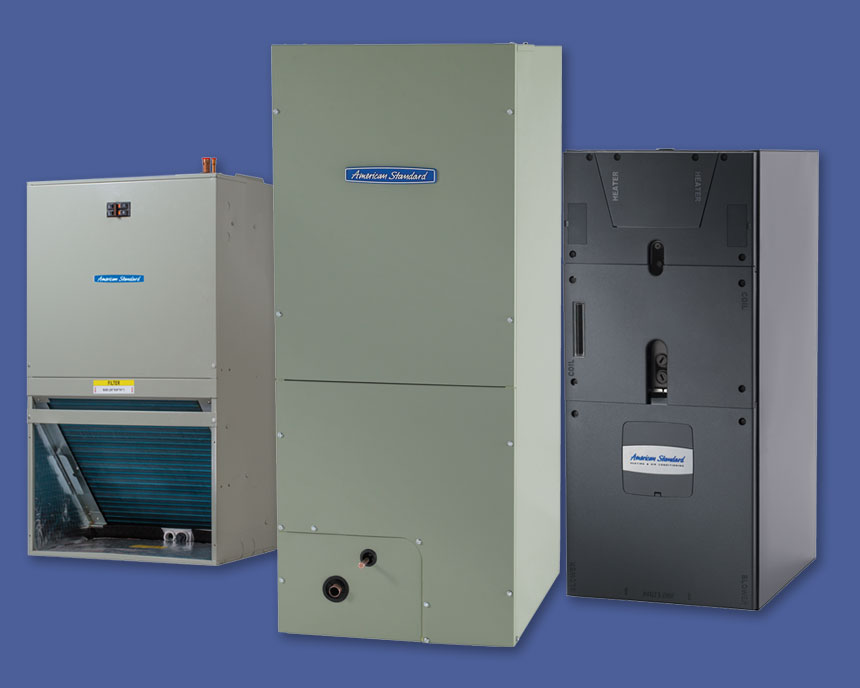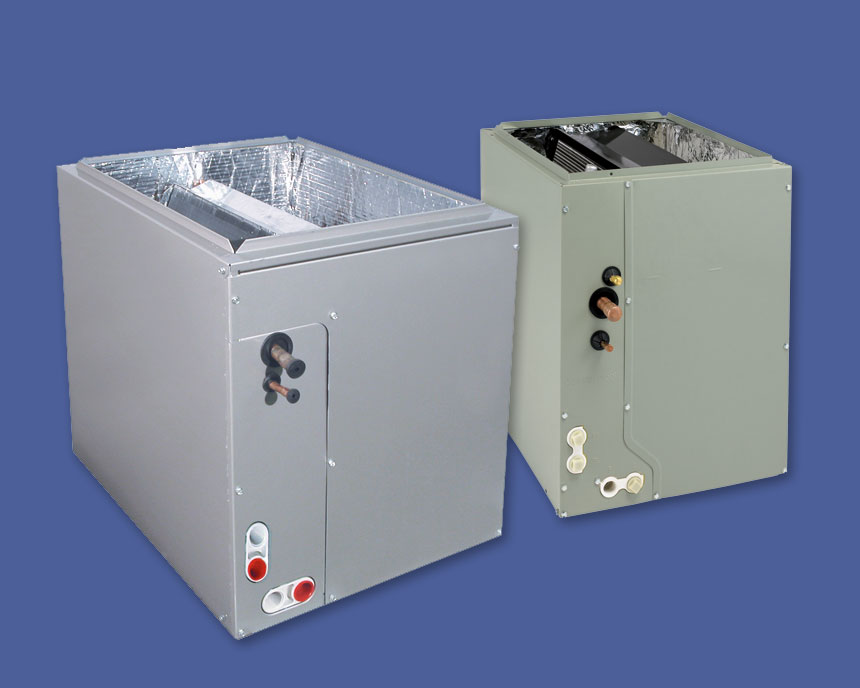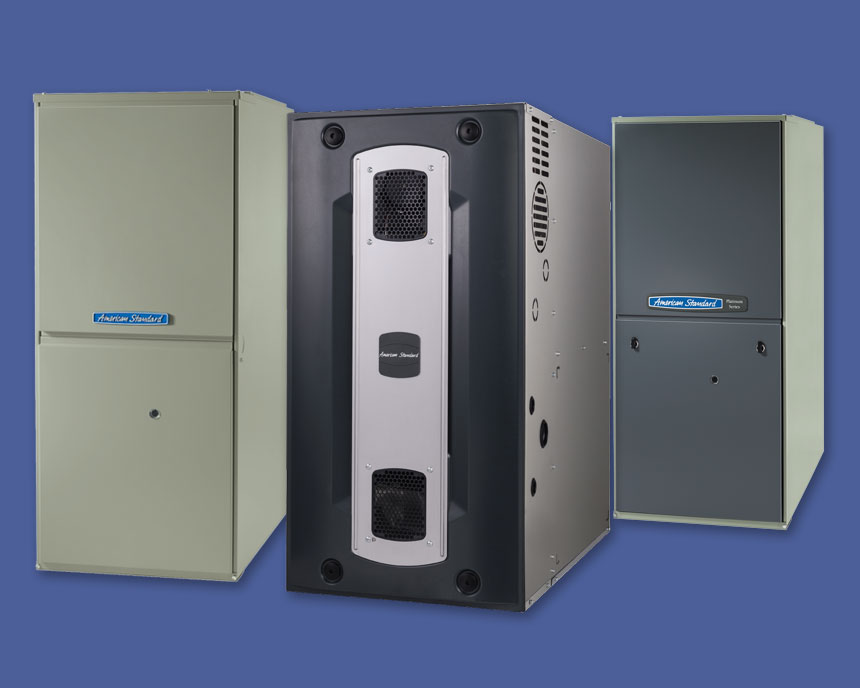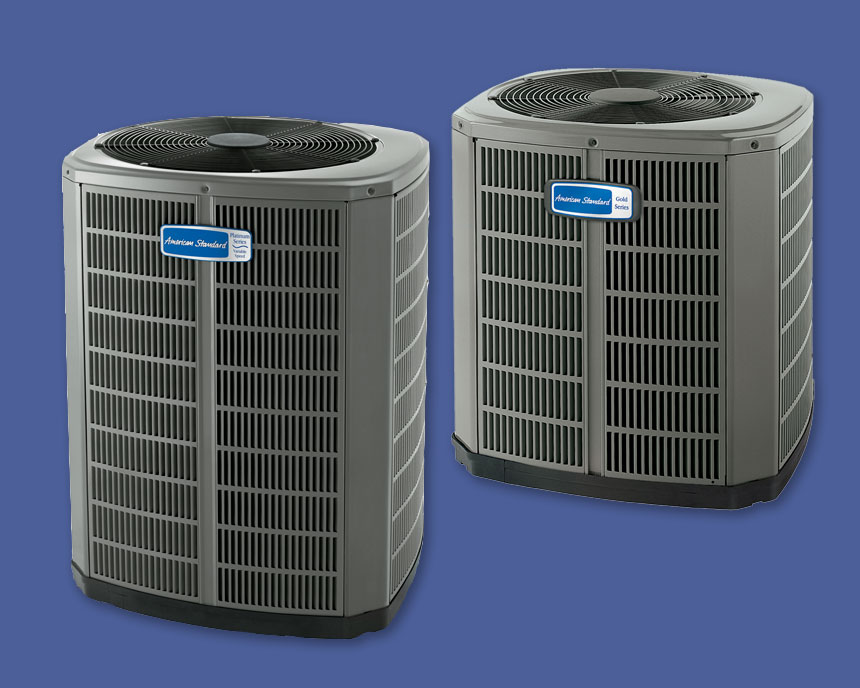Dehumidifiers
“It’s not the heat — it’s the humidity.” Today's homes require effective humidity control more than ever before. Equipped with super efficient central air-conditioning systems, near-impermeable vapor barriers and improved insulation, many new homes suffer from excess moisture problems.
Air conditioning alone cannot satisfy your home's humidity requirements. Your air conditioning system is designed to control temperature - not humidity - and only removes humidity as a byproduct of cooling. During the spring and fall seasons when it’s still cool outside but damp inside, your air conditioning isn’t running and your house is uncomfortable — you need a whole-home dehumidifier.
A whole-house dehumidifier installs as part of your home’s central heating and cooling system, with a rated capacity of 90 pints per day. The dehumidifier measures the condition of your home’s air to decide when to run. An integrated air cycling feature will activate the HVAC blower to cycle air throughout the house to balance conditions. The dehumidifier has an optional ventilation damper that can mix fresh outside air into the process. A whole-house dehumidifier works equally well in new or existing homes, and is truly the complete solution for your home’s excess indoor humidity problems.
Whole-House vs. Portable Dehumidifiers
Excess humidity doesn’t just exist in one room of your house, so why treat the problem in just one room or area? Portable dehumidifiers only operate in a limited area, not your entire home. They invade your living space and often require buckets to collect water that must be emptied once or multiple times a day. When choosing between a portable unit or whole-house dehumidification system —the choice is simple.
Whole-home dehumidifiers are located out-of-sight and out of your way with quiet operation, hassle-free maintenance and up to four times more energy efficiency than the leading portable dehumidifier! The most efficient and safe way to rid your home of excess humidity is the whole-home dehumidifier.
“Elevated relative humidity at a surface—70 percent or higher—can lead to problems with mold, corrosion, decay and other moisture related deterioration... An elevated relative humidity in carpet and within fabrics can lead to dust mite infestation and mildew (mildew is mold growing on fabrics).”
CORE BENEFITS
Health
Excess indoor humidity provides the perfect breeding ground for mold, mildew, dust mites, bacteria and more. A whole-house dehumidifier combats these nasty home invaders, which are linked to asthma, allergies and other serious respiratory problems.
Comfort
Few things impact your home’s comfort more than excess indoor humidity. When you turn up your air conditioner to try and get rid of indoor stickiness, you’re really just making your home uncomfortably cool. A dehumidifier allows you to wipe out that clammy feeling and say goodbye to musty odors. Plus optional built-in ventilation allows you to bring in conditioned, fresh outside air - ensuring your home remains properly ventilated.
Protection
Excess indoor humidity allows mold and mildew to thrive—ruining carpets, draperies, furniture and even clothing. It also can cause condensation build-up on windows, destroying their finishes and structural integrity. A whole-house dehumidifier helps protect your home and its contents by removing unnecessary moisture from your home’s air whenever it rises to an inappropriate and harmful level.
Energy Savings
Many homeowners turn up their air conditioning to get rid of the stickiness or clammy feeling caused by high indoor humidity. An whole-house dehumidifier eliminates the need to over-cool, allowing for a higher thermostat setting for the same comfort level. And because it is more energy efficient than portable dehumidifiers, it uses less energy for the same amount of moisture removed.
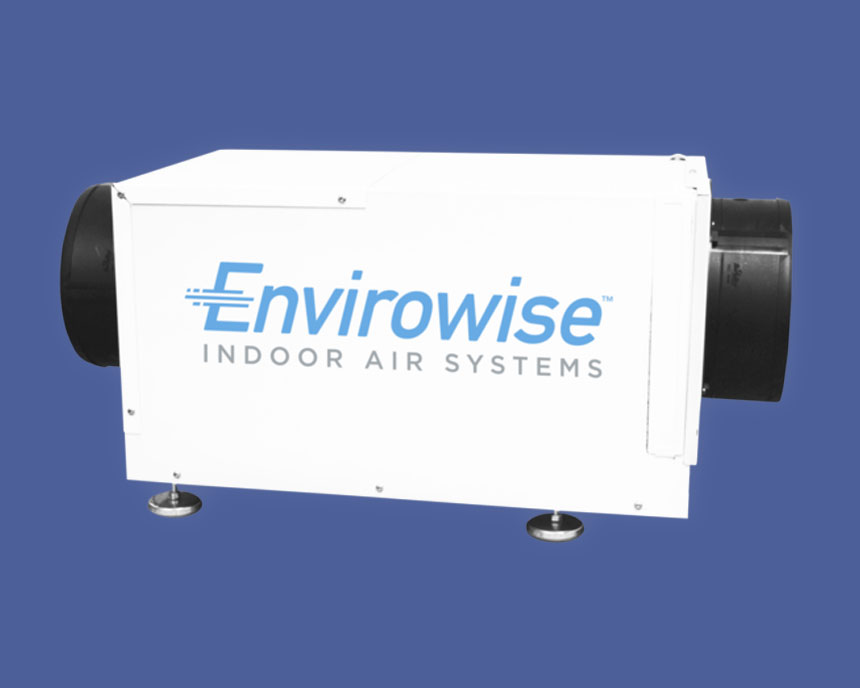
Want us to help? Get in Touch
SYSTEMS WE SELL & SERVICE
We service and repair all makes and models of air conditioning and heating systems for private residential, light commercial, and new construction in the greater Houston, TX area. Listed below are the most common types of air conditioning and heating related equipment and systems for which we have experience and recommend in the right situations.

